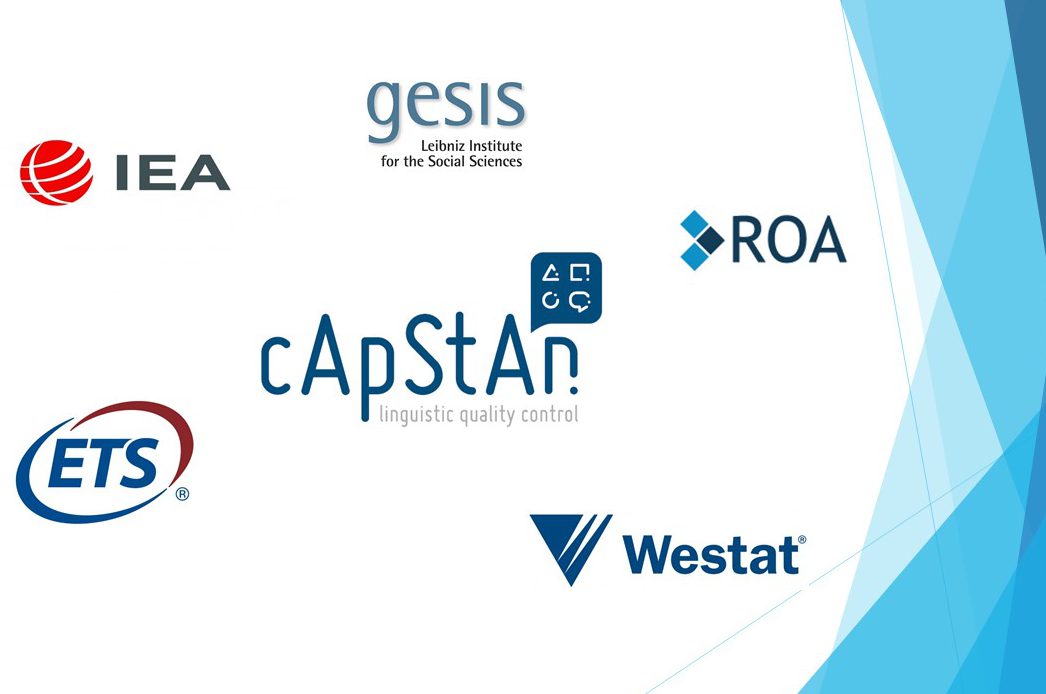
cApStAn a member of the PIAAC Cycle 2 Consortium
The OECD Programme for International Assessment of Adult Competencies (OECD/PIAAC) is a large-scale household survey of Adult skills such as literacy, numeracy and problem solving skills. The first cycle of PIAAC was conducted in over 40 countries, with 5000 adults aged 16 to 65 being interviewed in their homes in each of the participating countries.
Last year, the OECD issued a call for tenders for the implementation a 2nd cycle of PIAAC. The evaluation of the bids was just completed, and the PIAAC Cycle 2 Consortium is known: it will be led by US-based Educational Testing Services (ETS), and mostly consists of the same partners as in the first cycle. This is good news for cApStAn: this is a unique opportunity to use technical innovations in a large-scale production environment while building on experience accumulated during the past decade of collaborative effort. cApStAn’s proposal included a translatability assessment of new materials and creation of bilingual glossaries for each country, whereby adherence to the glossary can be checked automatically.
In cooperation with GESIS Leibniz Institute for the Social Sciences, cApStAn will be in charge of the language component in this multinational household survey. It is expected that about 30 different country teams will translate the assessment materials and background questionnaire (BQ). For the BQ, GESIS will take the lead in preparing translation and adaptation guidelines and supporting countries’ translation effort. For the direct assessment, cApStAn will assist country teams in using the open source translation editor. Together with our international pool of verifiers, we shall ensure linguistic equivalence of each translated/adapted version against the international English source version. Special attention will be given to recording each step in the process: each translation/adaptation choice must be documented in a user-friendly, centralised monitoring tool.
While many of the challenges specific to PIAAC were identified and tagged during the first cycle of PIAAC, we expect that new formats will be used to assess adaptive problem-solving skills. This will be the perfect environment to use our methodology and tools to their full potential.